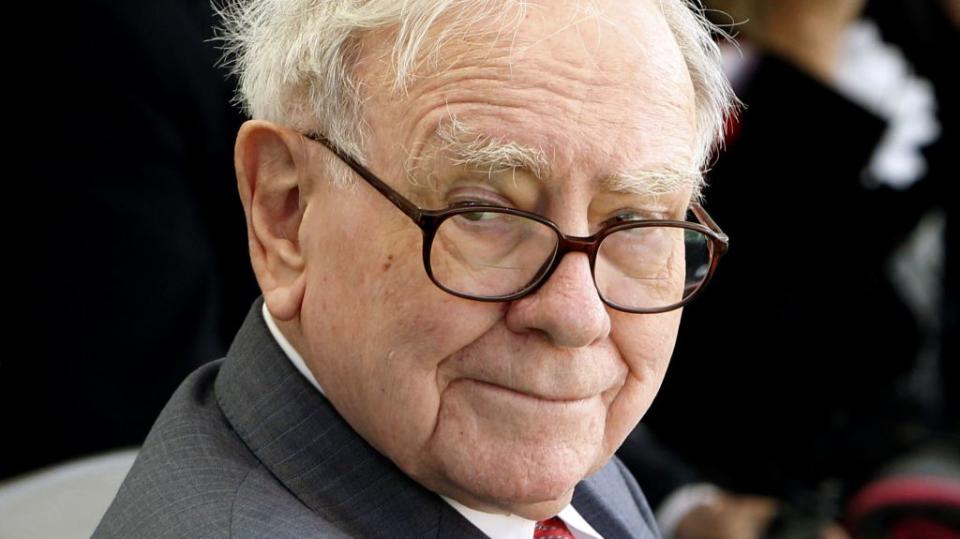Warren Buffett credits his extraordinary life to two strokes of luck

Everyone wants to learn how to be successful. Among the most successful, of course, is Warren Buffett, the legendary investor who, with $73.8 billion in net worth, is the second richest person in the world, according the Bloomberg Billionaire Index.
A new documentary airing on HBO tonight (Jan. 30) at 10pm US Eastern Time documents Buffett’s life. He initially made his money in the stock market by buying undervalued stocks. His extraordinary memory for numbers and an unusual talent for putting them into the context of a company’s business allowed him to target and trade stocks, becoming a millionaire by his early 30s via his investment partnership in Omaha, Nebraska. In the film, he emphasizes his emotionless, logical approach to value investing.
But what first got him into his later strategy of buying companies instead of stocks was fueled by an emotion—in his case, anger. He had bought a large stake in an undervalued textile company called Berkshire Hathaway. The CEO of the company wrote to him, asking him at what price Buffett would be willing to sell his stock back to the company. Buffett named his price. He thought he had an agreement.
He was wrong. Some weeks later the company sent a written offer to all stockholders (Buffett included) to buy back their shares at a one-eighth of a cent below the price Buffett had named. Feeling slighted, Buffett took his revenge by buying the company outright and firing the CEO. “He chiseled me for an eighth,” Buffett told CNBC in 2010. Berkshire then became the vehicle for Buffett to buy up whole companies over the next five decades, including Geico, Clayton Homes and MidAmerican Energy, as well as major stakes in companies such as IBM and Coca-Cola.
His numerical genius, however, isn’t the real root of his success, he says. His first stroke of luck, he says in the film, was to be born in 1930 in America as a white man. That conveyed upon him advantages and opportunities that neither women nor black men enjoyed.
His second lucky break came in meeting his late wife, Susan, whom he married in 1952. She exposed this nerdy, numbers-driven guy to politics and art and ultimately persuaded him to give away his fortune. “She rounded him into a person who could fit into society,”Peter Kunhardt, the filmmaker told Bloomberg TV Jan. 30. At the heart of the film, Kunhardt said, “is a love story.”
Susie Buffett, who died of a stroke in 2004, appears in the film in a rare interview originally conducted by TV personality Charlie Rose. She always wanted Warren to give his money away, she says in the interview, but he refused, believing that he’d have even more money to donate after it compounded over years. He was right.
And so was she. Following her death, he made the first of his bequests to the Bill & Melinda Gates Foundation and four other philanthropies in July 2006.


Sign up for the Quartz Daily Brief, our free daily newsletter with the world’s most important and interesting news.
More stories from Quartz:
